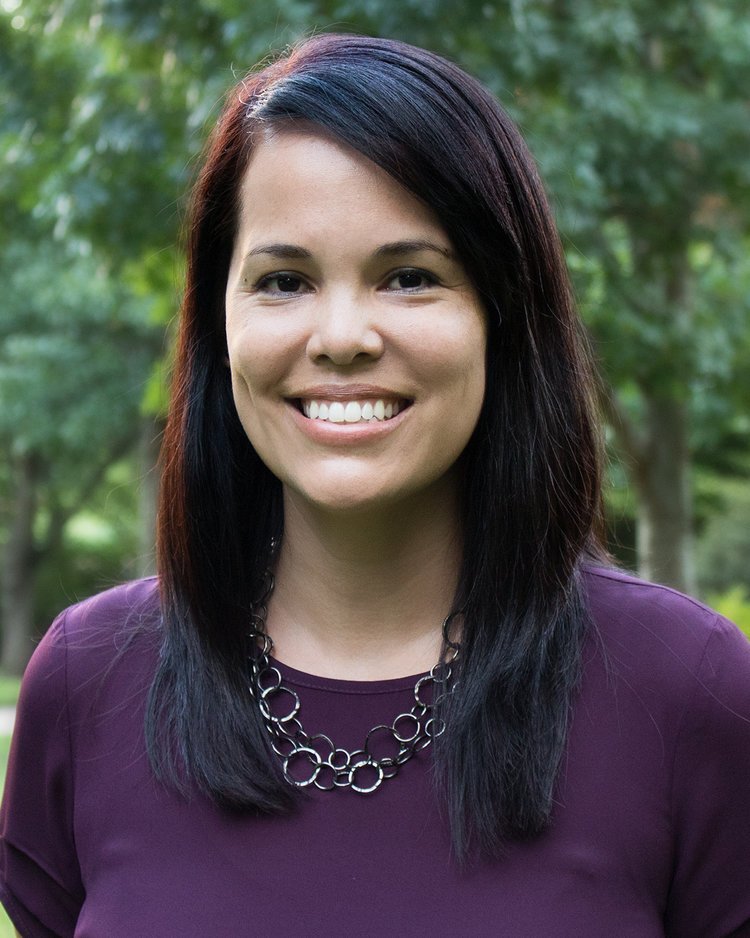Jennifer Thompson, MA, LMFT
Jennifer specializes in treating sexual, emotional, physical, and psychological trauma, PTSD, eating disorders, anxiety, depression, anger issues, and mood disorders. She is trained to treat children as young as 4 years old, adolescents, and adults. Jennifer also has experience treating grief, life adjustments, and individuals experiencing relationship stressors.
In her work with children, Jennifer specializes in treating ADHD, behavioral issues, Oppositional Defiant Disorder, Reactive Attachment Disorder, Conduct Disorder, coping with divorce and family changes, and Autism Spectrum Disorder. She also has experience treating self-esteem related issues and self-harm. Jennifer’s passion is helping children and adults cope with life adjustments such as divorce and truly loves working with teens.
Education and Training
- Licensed Marriage and Family Therapist
- Master’s Degree in Marriage and Family Therapy from Hope International University
- Eye Movement Desensitization and Reprocessing (EMDR)
- Cognitive Behavioral Therapy (CBT)
- Dialectical Behavioral Therapy (DBT)
- Gottman Method
- Family Systems
Areas of Focus
- Trauma and PTSD
- Play Therapy
- Sand Tray Therapy
- Behavioral Issues
- Creative and Expressive Arts
Read Our Blog
3 Benefits of Using Telehealth Video Therapy
With an increase in beneficial technology, we’re able to establish the most effective practices, rituals, and daily habits to support our mental health and wellbeing with the best quality of sleep possible.
How to Improve Sleep Hygiene Using 3 Free Apps
With an increase in beneficial technology, we’re able to establish the most effective practices, rituals, and daily habits to support our mental health and wellbeing with the best quality of sleep possible.
Traumatic Brain Injury and PTSD in Veterans
Physical injuries are easy to see and, therefore, simpler to treat. However, not all wounds are physical; some are internal or emotional, making them harder to diagnose.




